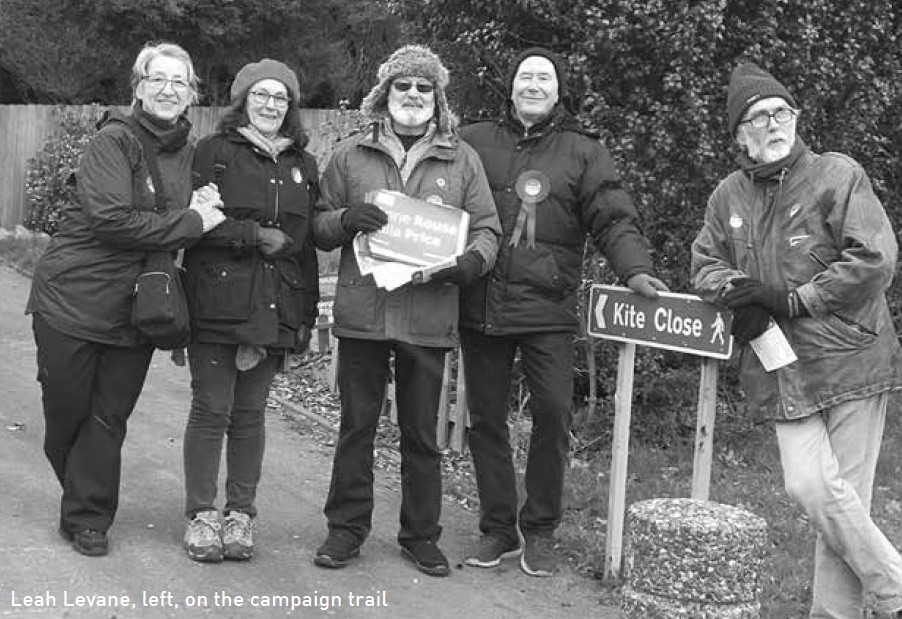New era for Haringey

ON 3rd MAY THERE WAS A DECISIVE election for a Haringey Labour council committed to halting the £2billion housing privatisation project of the outgoing regime and delivering on a progressive socialist manifesto. Whatever the merits of labelling this the ‘first Corbyn council’, the transformation of Haringey Labour politics during the 18 month campaign that led to this point has seen a working through of the ‘Corbyn surge’ at a local level.
In January a delegate-based borough conference thrashed out policy proposals from which the manifesto was drafted. Alongside stopping the Haringey Development Vehicle (HDV), this commits the incoming administration to building 1,000 council homes, bringing council contracts in-house, paying care workers the London living wage, providing free school meals for all primary children and the establishment of a fairness commission. There will be a shift from the previous top down approach towards a genuine dialogue and consultation with the borough’s diverse communities.
There was an increase in both the number and percentage of Labour votes across the borough on a high turnout. Previously marginal wards like Stroud Green, Hornsey and Haringey are now safe Labour seats with substantial majorities.
But the result was marred by the loss of six seats to the Lib Dems in the western end of the borough compared with 2014. That year Labour’s high watermark vote, aided by a backlash against Lib Dem participation in the Coalition government with a consequent loss of their seats, was always going to be difficult to sustain. Other factors included voter hostility to the outgoing regime’s sell-off of the listed Hornsey town hall to build a tower block of luxury flats and the particular local impact of the antisemitism issue, given a significant local Jewish population. To top this there was a vicious six month long McCarthyite campaign against Haringey Labour in the national and London media.
The election heralds a new era with an increased democratic accountability of the Labour group to the party. At a borough hustings meeting, party delegates heard candidates for the group leadership set out their policies and answer questions. Zena Brabazon won a secret ballot. Under party rules this was indicative only and the Labour group, not mandated, chose Joe Ejiofor the following day, with Emine Ibrahim as deputy.
Brabazon, Ejiofor and Ibrahim are all Corbyn supporters who opposed the HDV. A strong collective team that unites the left, draws in a range of skills and experience and works closely with the local parties and unions, will be key to preparing for the difficult work to come.
Hornsey and Wood Green CLP


